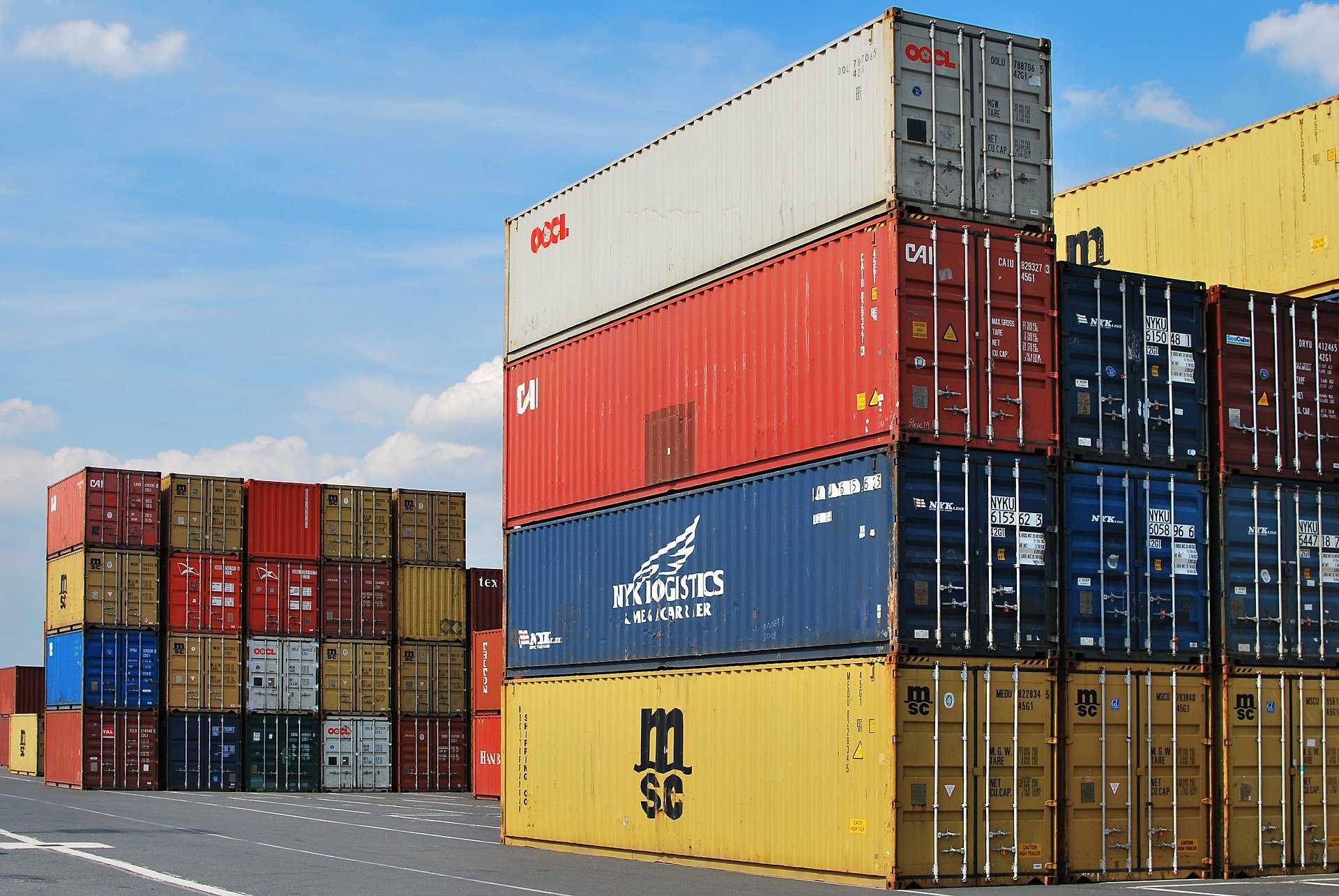We’ve all heard about it by now – the supply chain crisis and the bottlenecks at the ports of Los Angeles and Long Beach. Last month, the “dwell time” – the time a container stays on a terminal between unloading from a ship and removal by a truck was six days – an all-time record. As of last week, there were 100 ships idled off the coast of California waiting to unload goods. Fifty-seven more ships were in berth at the ports.
Pres. Biden’s plan to run 24/7 operations at these ports, however, has brought on a new problem. Many of the shipping containers that spent weeks waiting to be unloaded are now being left at nearby neighborhoods. CBS Los Angeles reported that one company, which had a capacity of 65 containers on its lot, lined up additional containers in front of some people’s homes in Wilmington. The owner is asking for residents’ understanding until the containers eventually get hauled off.
Clearly, running operations 24/7 hasn’t solved the problem. One critical link in the chain is truck drivers. In California, there are more than 70,000 mostly minority owned independent truckers operating in the state, 17,000 of which are registered to bring goods in and out of the Los Angeles and Long Beach ports. These independent contractors or owner-operators (OEs) often work with multiple trucking companies – a business model that has been the standard at California ports for many decades.
AB 5, however, changed the rules for doing business. Now, trucking companies must hire drivers as employees and not as contractors. To avoid running afoul of the law, trucking companies have shied away from hiring OEs.
The California Trucking Association, the California Retailers Association, the Western Growers along with several business groups have joined forces to lobby Gov. Newsom to declare a state of emergency in order to suspend AB 5 along with AB 701, a recently signed law that regulates quotas at warehouse distribution centers such as those of Amazon’s, which I had written about in detail here.
In the letter to Newsom, the coalition wrote, “Let’s be clear, we are not asking for your leadership in order to ensure there are toys on the shelves for Christmas; we are asking for your leadership in order to ensure working families have access to affordable medical supplies, diapers, and other basic necessities.”
As an old communications hand, I respectfully differ with the coalition members — it should absolutely be about Christmas. While there’s no question of the widespread negative economic consequences from a prolonged supply chain mess, the best way to change politicians’ minds is this nightmare scenario: no presents under the tree, that is, if there is even a tree.
So, it wasn’t a surprise when Dee Dee Myers, Bill Clinton’s former press secretary and now director of California’s Office of Business and Economic Development, said yesterday that there would be no declaration of a state of emergency. The fact is, even in the darkest days of the pandemic when the state’s small businesses appealed to Newsom to suspend AB 5, the Governor shook it off as “noise, noise, noise.” The same went for suspending the minimum wage increase.
Sure, the holidays mean big business for California and the U.S. economy, but after almost two years of the pandemic, people want to feel joy and hope. And there’ll be a little less of both if the necessities are more expensive, and the things that make for holiday celebrations – bubbly water, Christmas lights, and turkeys, are not to be found.
There are heroes and villains in every story, and what politician doesn’t want to be the one who saved Christmas? It’s not too late for the Newsom to change his mind. In three years’ time when the supply chain crisis will return for election year scrutiny, the Guv could claim that thanks to him, Americans feasted on roast beasts.
Rowena Itchon is senior vice president of the Pacific Research Institute.

